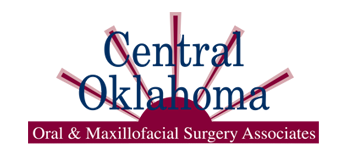In a simple extraction, the tooth can just be removed directly. However, extractions that are more complex – such as that of an impacted wisdom tooth, for example – may require the expertise of an oral surgeon. If bone is preventing the practitioner from accessing the tooth, the surgeon may need to remove that bone in order to extract the tooth.
Patients who are facing a surgical extraction will need to take different steps to prepare than those who need only a simple extraction. When the patient chooses sedation, it may be necessary to fast after midnight before the procedure, depending on the delivery method. Patients who will receive sedation also will need to arrange for a responsible adult to escort them home from the appointment. Your oral surgeon may give you additional instructions that are specific to your case.
Another consideration involved in tooth extraction is how to replace the missing tooth after it is removed. Patients have many treatment options, so it’s important to do your research on all of them to determine which one is the best fit for you.
An increasing number of patients are turning to dental implants to take advantage of their more complete structure. Dental implants are titanium posts that act as prosthetic tooth roots. Many of us take the roots of our teeth for granted, but they actually play a quite important role in the stability of our smiles. When the roots of the teeth are absent, our jawbone material gradually wears away, putting the other teeth at risk for loss, as well.
Additionally, dental implants tend to preserve more chewing function than dentures or dental bridges, which is also appealing to patients.
Bone loss can present an obstacle to dental implant placement, so if you do want to pursue that treatment, it’s ideal to begin planning for it while you’re planning for the extraction.
Don’t hesitate to ask your surgeon any questions you may have about a tooth extraction. We want to make the process as comfortable and reassuring as possible for you!
For more information or to schedule a professional consultation, contact Central Oklahoma Oral & Maxillofacial Surgery Associates at 405-624-1300.
